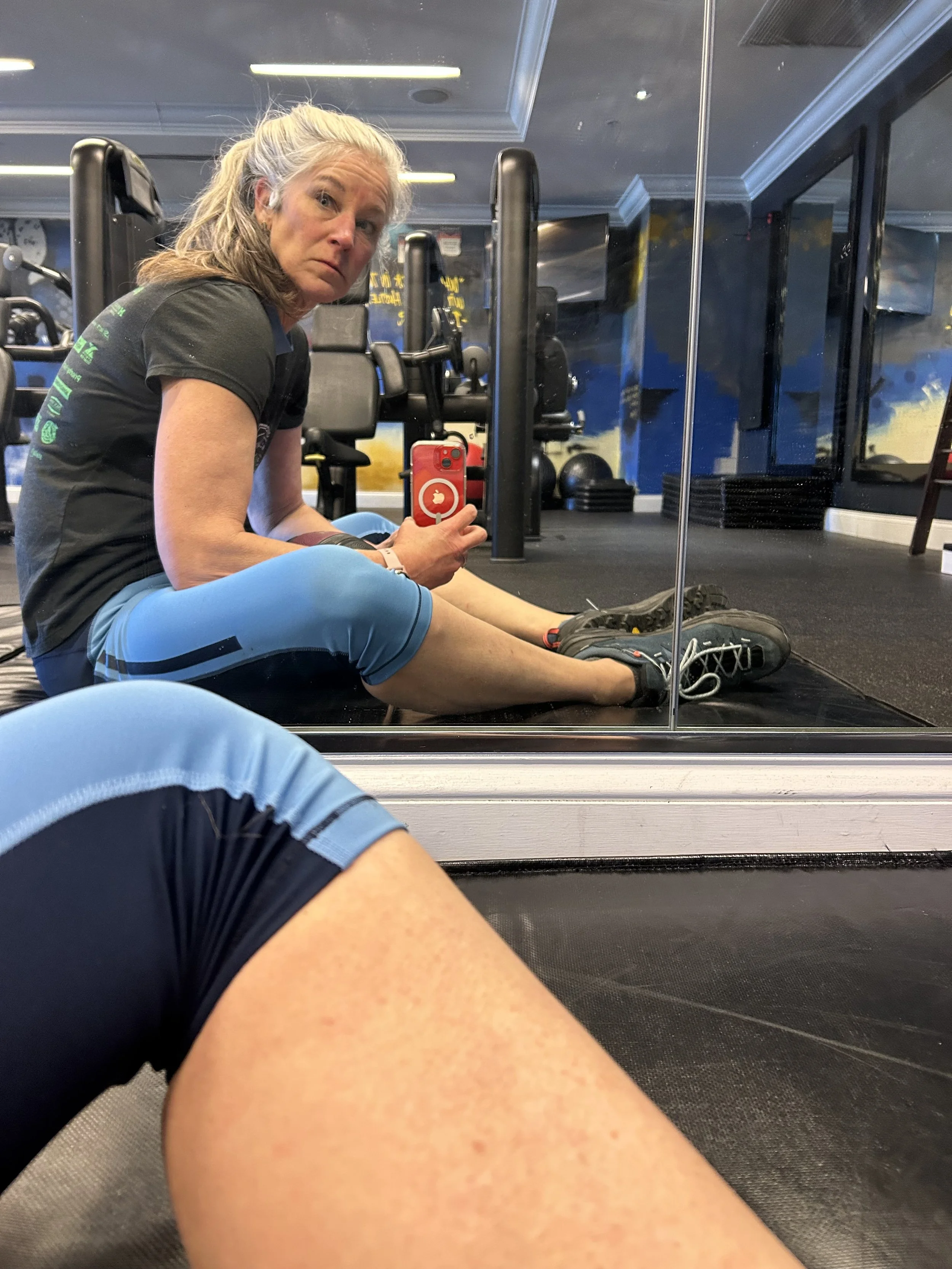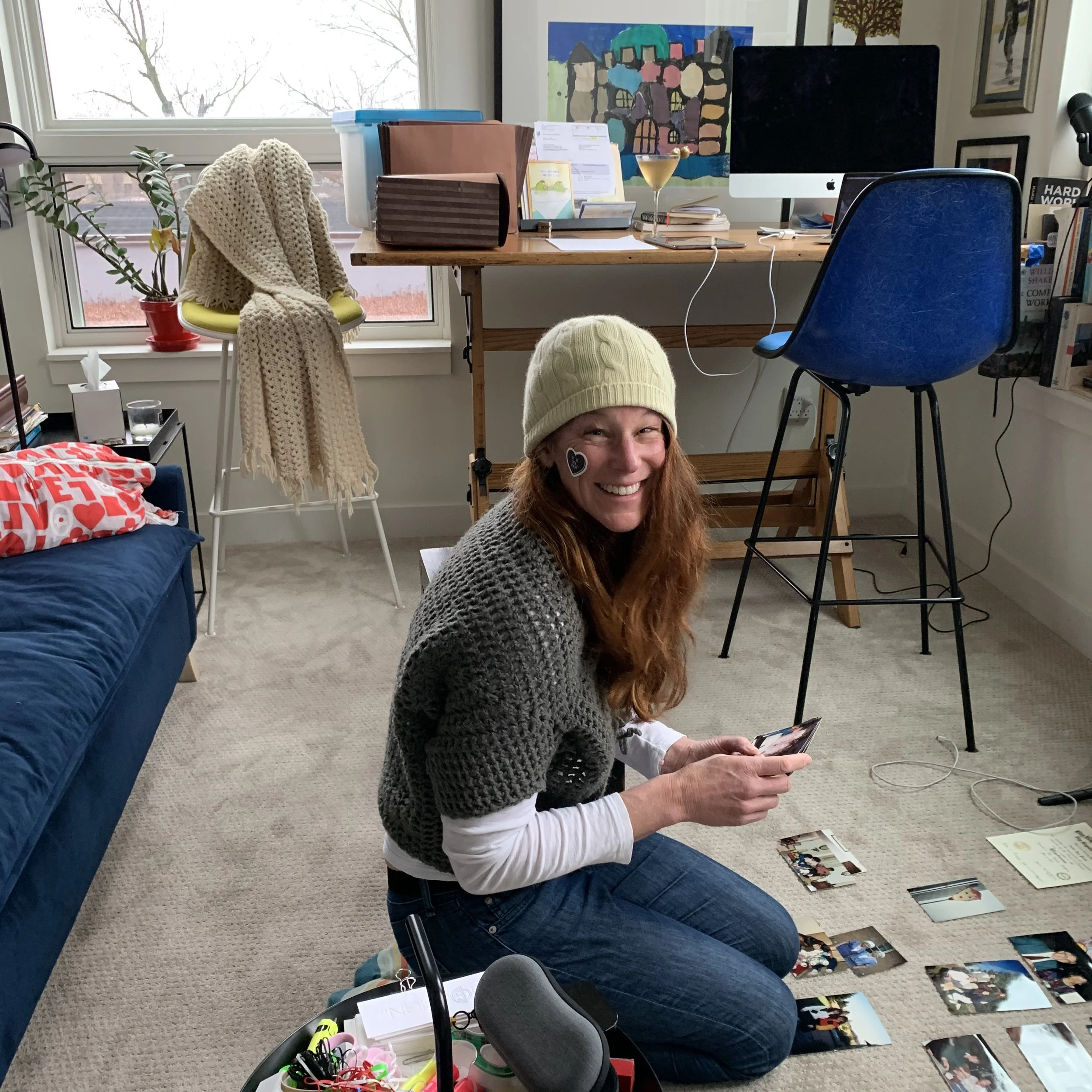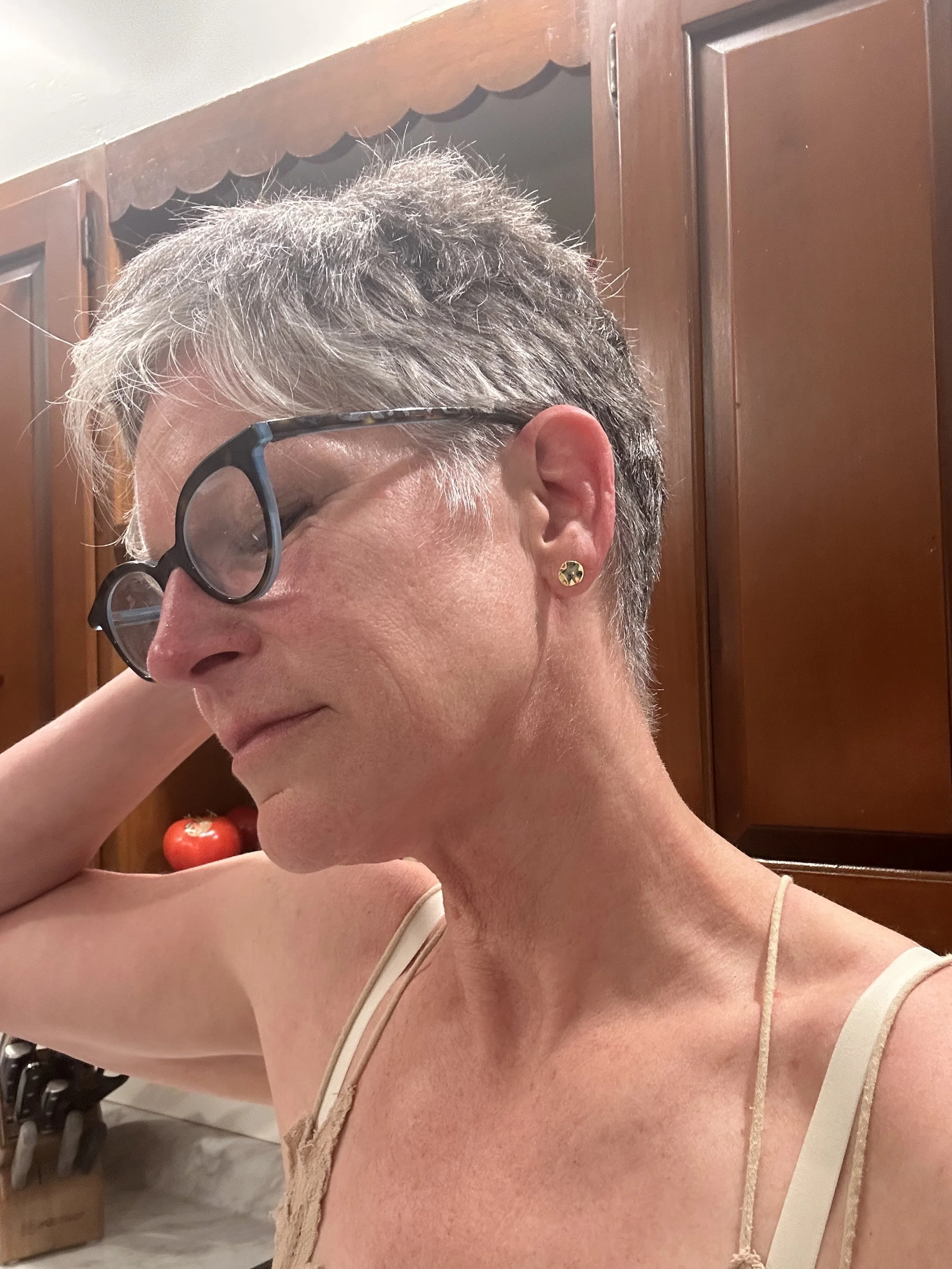Checking boxes makes me feel lousy.
This month, I completed all of the tasks on a set action plan and, you know what? I’m feeling lousy. Sure, the spreadsheet full of check marks looks tremendous. But the truth is, all the steps to achieve the box-checking was motion rather than progress. What’s truly meaningful is how I felt (ie, lousy.)
Like many people, I have a complicated relationship with control. We all use tools in an effort to maintain control: scales to track weight loss, spreadsheets to track activity, storage systems to reduce clutter. But at a certain point, those tools can contribute to “control mania” that actually distorts reality.
This mania is recognizable when the tool helps…until you “lose” control. Focusing on your tools and surroundings can become a real problem when it starts taking the place of real action. You won’t just know this is happening — you’ll feel it.
For years, I’ve talked about “working the COS” to tap into what’s truly meaningful. It’s based on the research that context, occupation, and sense (COS) clarify rather than compete with what you can control for the real outcome you want, such as:
Physical energy
Mental alertness
Perceived rate of exertion
Eating to a given fullness level
Symptom relief (joint pain, headaches, sniffing, etc)
Sleep quality
Quality self-talk
Quality problem-solving
Proactive thinking
Actions congruent with values/priorities
Whatever “doing a good job” means to you
Having fun
What’s one skill or behavior you want to achieve? Select one action above that supports it. Do you feel in control with what you’re currently doing? Are your choices moving you towards a sustainable outcome?
You can further explore your sense of control by using the scale below. Self-rate your competency to control real action with one choice/behavior/practice.







